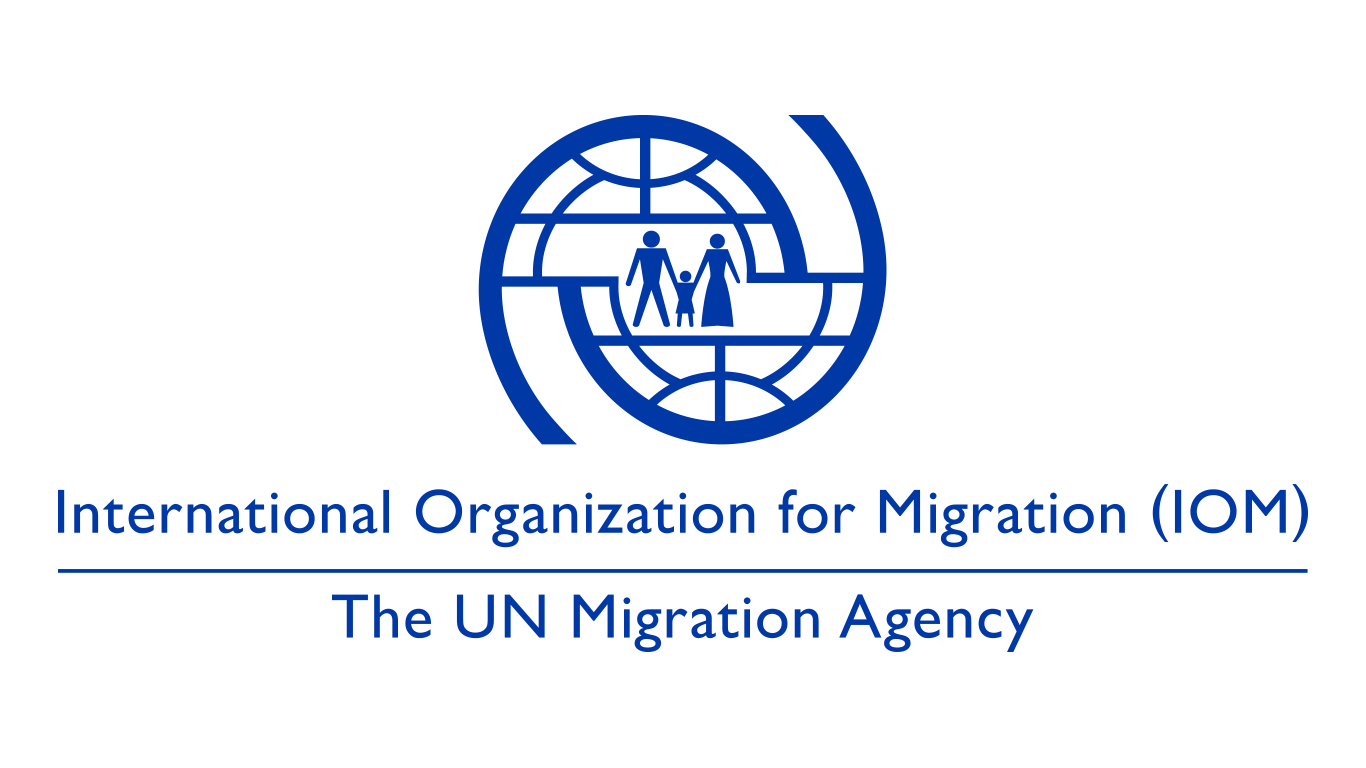The International Organisation for Migration (IOM) in collaboration with the Adamawa State government has commenced the relocation of 50 families of internally displaced persons from Song local government area to the Dauchi Settlement, providing them with safe and dignified living conditions, and setting them on pathways towards durable solutions.
According to a statement by the press unit of the IOM, this initiative is a critical component of IOM’s broader strategy to provide sustainable and long-term solutions for displaced populations in Nigeria in line with the United Nations Secretary General’s Action Agenda on Internal Displacement.
“It is incredibly heartening to witness the fruition of this relocation initiative, which stands as a testament to the collaborative efforts between IOM and the Adamawa State government,” Hamidine Maliki, head of the IOM Sub-Office in Adamawa State said.
“The state government’s remarkable leadership and unwavering commitment have been instrumental in transforming the vision of durable solutions into tangible outcomes. We urge continued investment and support to ensure that sustainable and long-term solutions for internally displaced people become a reality, fostering stability and prosperity for all”, he added.
Ibrahim Saad, representing the District Head of Song community, said “this is a significant day for the Song community, marking a new chapter for the IDPs, who are now embraced as Song people.”
“They are reminded to honour the warm welcome they received during their displacement, live peacefully, and respect the laws of their new home. Collaboration with community leaders will help ensure harmony and a brighter future in the settlement”, he added.
An estimated 213,000 people are currently displaced in Adamawa State primarily due to insecurity linked to the actions of non-state armed groups, according to data from IOM’s Displacement Tracking Matrix.
Among them are thousands who fled the neighbouring Borno State nearly a decade ago and settled in Song LGA. Since their displacement, they have been living in temporary shelters in inadequate conditions with limited access to essential services such as clean water, sanitation, and livelihood opportunities.
This protracted displacement has strained local resources, highlighting the urgent need for sustainable solutions that provide both immediate relief and long-term stability, the statement said.
Since 2021, IOM has worked closely with the Adamawa State government in developing a homegrown durable action plan that seeks not just to address the symptoms of displacement but to tackle its root causes, fostering sustainable development that benefits all citizens.
In line with this plan, IOM, in partnership with USAID’s Bureau of Humanitarian Assistance developed the Dauchi Durable Solution Settlement to offer IDPs safe, secure, and dignified living conditions. This includes the construction of permanent houses, equipped with essential facilities to provide a decent quality of life. The project also encompasses the provision of Water, Sanitation, and Hygiene (WASH) facilities, access to Housing, Land, and Property (HLP) support, social cohesion initiatives, and livelihood programmes to foster economic self-sufficiency.
IOM has prioritised a community-centered approach throughout the planning and implementation stages of this project. A project committee that includes IDP leaders, local government officials, and traditional leaders has been established to ensure that the needs and perspectives of all stakeholders are fully integrated. This inclusive process is aimed at fostering mutual understanding and cooperation between the displaced population and the host community.
The relocation effort has been informed by thorough settlement profiling and facility mapping exercises, which have identified key priorities and coordinated service delivery to ensure an efficient and sustainable relocation process.
Since 2021, IOM has helped to put 5,058 internally displaced persons in Borno and Adamawa states on solution pathways through the provision of semi-durable, durable and modular shelters, water, sanitation, and hygiene, site improvements, protection and increased access to livelihoods.
